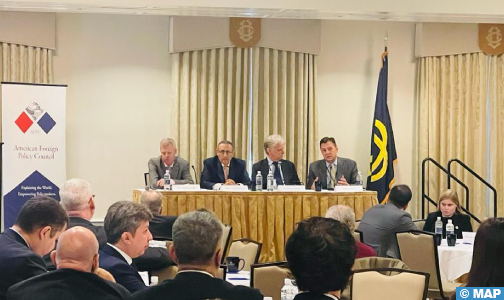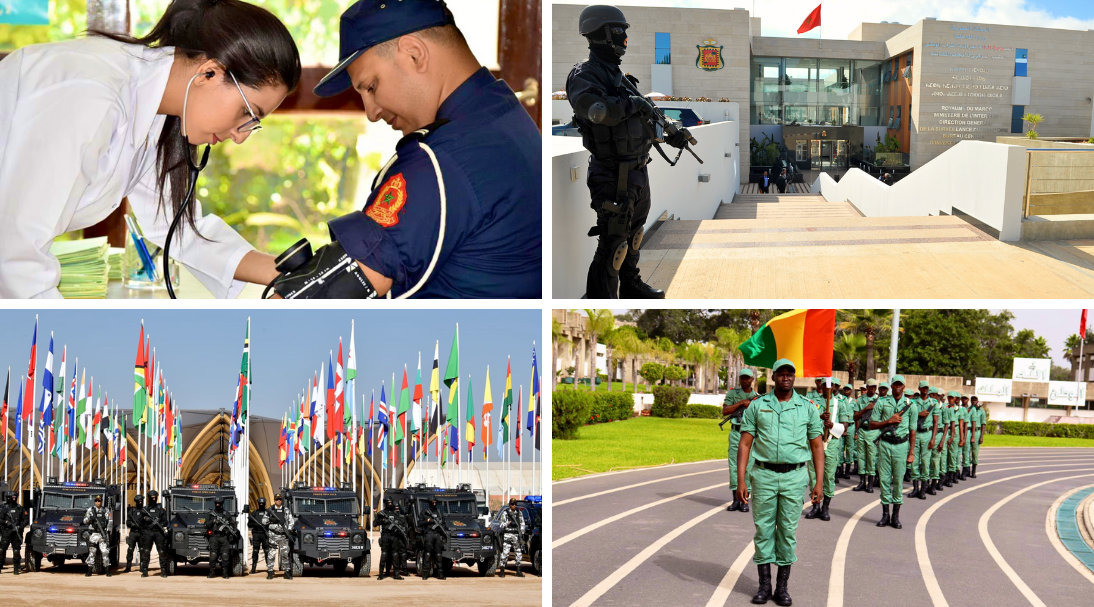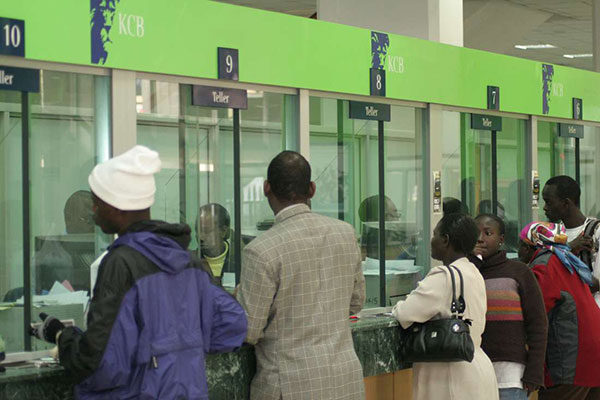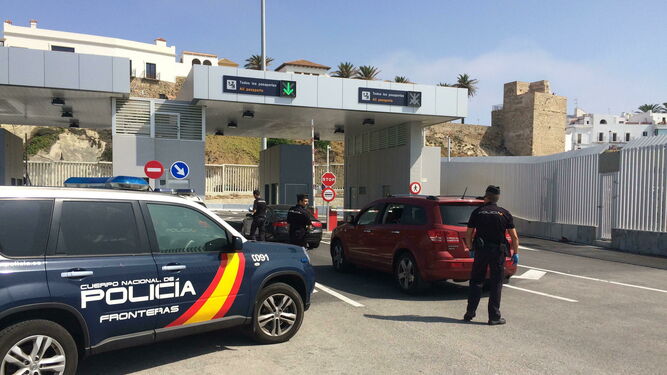Morocco’s distinguished model of tolerance and peaceful coexistence was highlighted in Washington at a conference organized Monday by the US think tank The American Foreign Policy Council.
Speaking at the conference’s panel on “Religious authority and State power,” Morocco’s ambassador to the United States, Youssef Amrani, stressed that “Morocco’s approach offers a unique model of an inclusive, holistic understanding of national identity and faith.”
This approach is made possible first and foremost thanks to a decisive leadership and a bold vision spearheaded by King Mohammed VI, Amrani said, noting that in Morocco, “the Monarchy has always been at the very heart of the relationship between Religion and the State on the basis of a unique institution: the Commandery of the Faithful.”
“In this capacity, the King is the defender of all the faiths, thereby guaranteeing freedom of religion,” the diplomat pointed out, stressing that in this role, the Sovereign relies on strong institutions and a set of dedicated tools and mechanisms developed to act at a triple level to prevent intolerance, by targeting the root causes of extremism, to deconstruct the narratives of hatred by providing the real, spiritual ethics of religion, and to immunize by developing tools that can help avoid a resurgence of radicalism.
In his address to the panel, marked by the participation of the Bahraini deputy foreign minister, Cheikh Abdulla Bin Ahmed Bin Abdulla Al Khalifa, who is on a visit to Washington, several high-profile academics and experts from Washington’s various think tanks as well as the US media, Amrani noted that this approach also involves faith management, the protection of cultural diversity and heritage, educational reforms to include values of coexistence, harmony, and tolerance as well as Jewish history and culture in educational materials, community engagement with a view to building resilience against radical ideologies and fostering a culture of peace and economic strategies through addressing socio-economic factors that can lead to radicalization.
The diplomat also underlined Morocco’s commitment to religious coexistence and moderation at the global level, through providing moderate religious training to Imams and Morchidines and Morchidates from the Sahel and West Africa and the recent creation of an “Africa Working Group” within the Coalition against Daesh and which seeks to specifically address the extremist threats in the African continent.
“The Moroccan model is not merely a set of policies but a reflection of our values and commitment to a world where peace and mutual respect prevail,” he said, adding that this model is “a testament to the power of inclusivity, dialogue, and respect for diversity.”
The conference featured several other panels on a set of issues, including the role of new technologies and the war of ideas. Members and experts from various think tanks such as the Atlantic Council, the Middle East Institute, the Hudson Institute, and the Middle East Media Research Institute took part in the conference.



